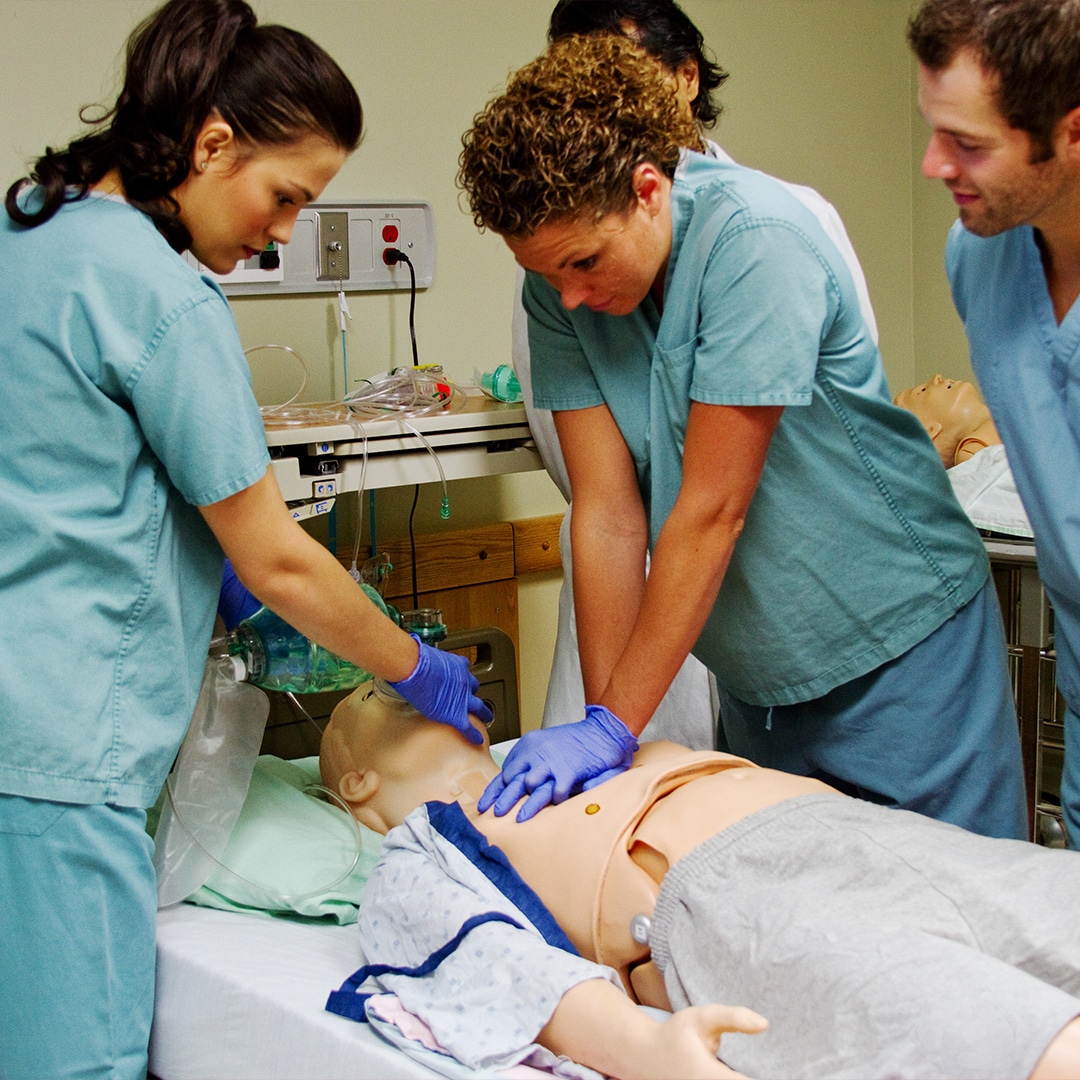Basic Life Support (CPR) vs. Public CPR, AED, & First Aid
What’s the difference between the Basic Life Support (BLS) Certification and a Public CPR, AED, & First Aid Certification? This is a common question we receive and I hope to shed some light on the differences in my first IGH Health, Fire, & Safety blog post!
Firstly, who requires what certification?
Simply put, all Healthcare Workers are required to have the Basic Life Support Certification.
From Care Givers to Neurosurgeons, and everyone in between, must have an active certification to provide care. The two most common governing bodies for this certification are the American Heart Association and the Red Cross. Although we at IGH believe that the American Heart Association is the “golden standard” for BLS due to their continued research, strict guidelines, and widely accepted certification.


